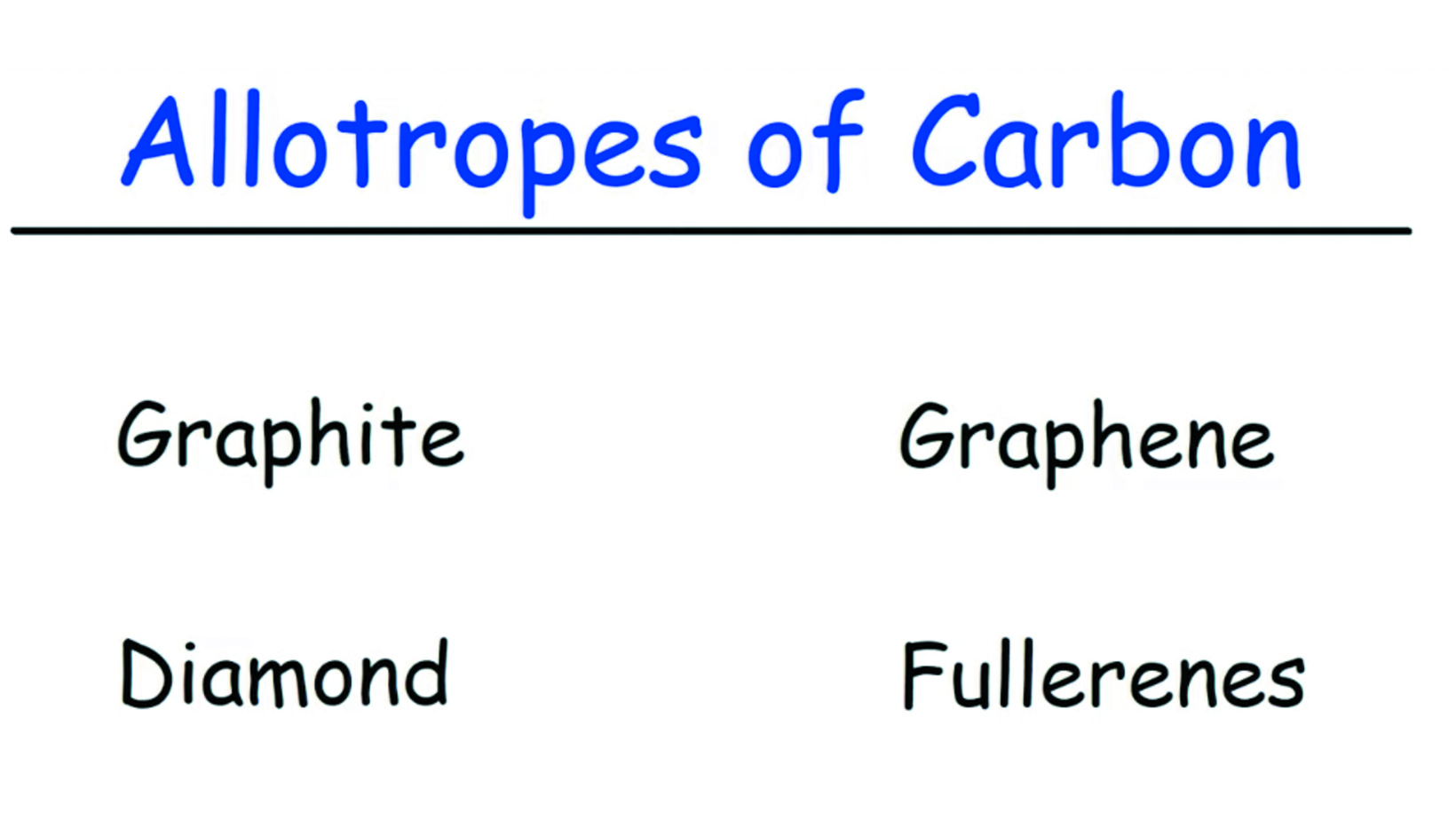Metagenomic soil testing is a powerful tool that provides several benefits for understanding and analyzing soil microbiomes. Greensmiths, Inc. and our distributors, use this detailed testing to formulate custom blends of fertilizer. Blends are created based on each customers’ specific needs and soil requirements. Some key benefits of metagenomic soil testing include:
Comprehensive analysis: Metagenomic soil testing provides a comprehensive analysis of the microbial communities present in the soil. It allows for the identification and characterization of diverse microorganisms, including bacteria, fungi, archaea, viruses, and other microbial species. This can provide a more complete picture of the soil ecosystem. This information can tell us its potential impact on plant health and nutrient cycling.
Functional potential assessment: Metagenomic soil testing not only identifies the microbial species but also assesses their functional potential. By analyzing the DNA and genomes of the microorganisms present in the soil, researchers can determine the genes and metabolic pathways these organisms possess. This information can help predict the capabilities and roles of the microbial community in nutrient cycling, carbon sequestration, disease suppression, and other soil processes.
Insight into soil health and fertility: Metagenomic soil testing can provide valuable insights into the health and fertility of the soil. By evaluating the composition and diversity of the microbial community, it can indicate whether the soil is well-balanced and thriving. Additionally, it can tell us if it is suffering from imbalances or degradation. This information can guide soil management strategies and help optimize nutrient cycling, organic matter decomposition, and overall soil fertility.
Benefits of Metagenomic Testing
Disease and pest management: The analysis of soil microbial communities through metagenomic testing can aid in disease and pest management in agriculture. Certain microorganisms can act as biocontrol agents, suppressing soilborne pathogens and pests. Understanding the composition and functional potential of the soil microbiome can help identify beneficial microorganisms. Thus, guiding the development of microbial-based treatments or biofertilizers to combat soilborne diseases and pests.
Soil remediation and restoration: Metagenomic soil testing has applications in soil remediation and restoration. By assessing the microbial composition and functional potential of contaminated or degraded soils, it is possible to determine the presence of specific microorganisms. Being able identify these microorganisms allows us to identify the ones capable of degrading pollutants or improving soil quality. This information can inform strategies for bioremediation or soil restoration, enhancing the success and efficiency of these processes.
Overall, metagenomic soil testing provides a wealth of information about the complexity and functioning of soil microbiomes. It can inform agricultural practices, soil management strategies, disease control, and environmental restoration efforts, ultimately contributing to improved soil health, crop productivity, and sustainable land management.
Lastly, our distributors use this detailed information to customize your fertilizing plan. Following these guidelines will provide significant improvement to your turfgrass or crops. The Greensmiths difference is undeniable. Review our website to learn more.
Contact a local distributor and ask for Greensmiths products by name.




